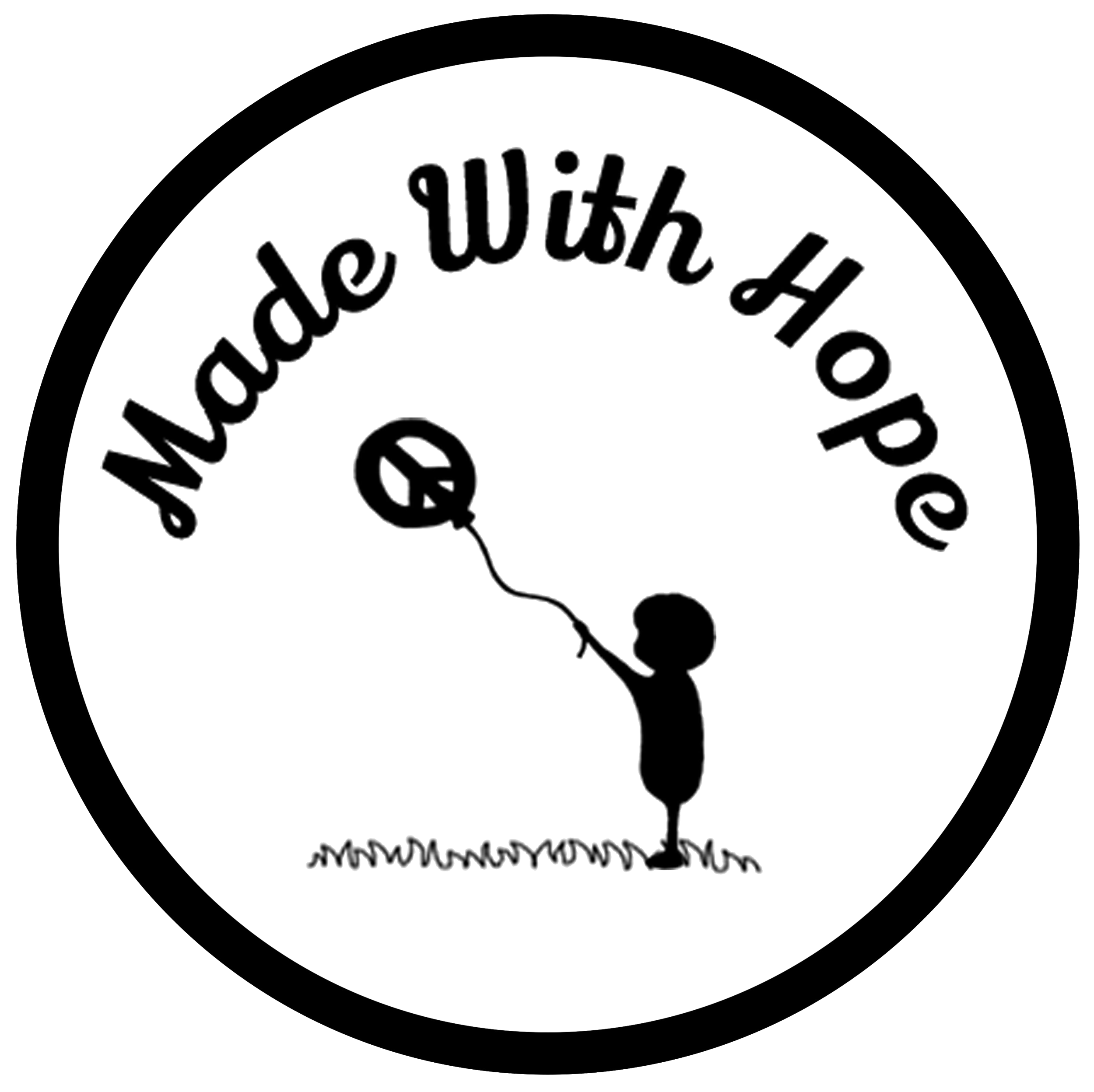Impact of Coronavirus in Tanzania
The situation in Tanzania
Covid-19 in Tanzania is panning out rather differently than the virus has here in the UK. Whilst our authorities have reported daily on deaths, never cases and recoveries, Tanzania’s authorities haven’t publicly released any figures since May last year, when only 500 cases and 20 deaths were reported.
The health authorities in Tanzania have refused to share information with the Tanzanian public to avoid ‘fear-mongering’. However, whilst doctors have been advised against speaking about the disease in public, it is thought that cases continue to rise in the country.
Just over two weeks ago, the Tanzanian president, John Magufuli, passed away. The cause of death is yet to be confirmed, but after not being seen in public for a fortnight before his death, there are rumours that Magufuli may have been suffering with Covid-19.
What does this mean for the Tanzanian Public?
Made With Hope’s Community Development Volunteer, Hussein explained how this is affecting the public in Tanzania.
““No one knows if they should keep taking measures [to protect themselves from the virus], or just continue listening to the government, as they say we shouldn’t worry about the pandemic.”
”
Students taking part in a handwashing workshop
Around 75% of the population in Tanzania live in rural areas such as the ones that Made With Hope works within. This means that a huge proportion of the Tanzanian public are continuing their lives as usual, because they are being given no clear guidance on how to deal with the pandemic effectively.
What does this mean for Made With Hope?
As a result of the situation outlined above, projects like ours are now more important than ever. The spread of Covid-19 has only highlighted further how important the need for accessible hand hygiene is across the world, and the events of the past year have only made it more clear how huge the impact of our projects will be.
In Tanzania, less than 10% of schools have access to functioning hand washing facilities, and only 20% have water supply facilities. This means that over three quarters of Tanzania’s population of children, who are likely to be attending school on account of the lack of guidance released by the government, do not have any access to adequate WASH facilities.
Our past projects have succeeded in providing reliable and safe handwashing facilities to three of our partner schools (Mshikamano, Maweni and Majimoto), with effective drainage, and rainwater tanks to supply a sustainable water source. We have also helped to provide a series of handwashing workshops for students at those schools, ensuring that 1690 students were given the basic hand washing education.
Students taking part in a handwashing workshop
One of the new handwashing stations
As our community development Volunteer, Hussein, suggested Made With Hope’s project’s are likely to have been some of the only support that these pupils have received over the past year, since the first case of Covid-19 was detected in Tanzania.
Therefore, we hope that we can continue supporting Tanzania’s children and schools through what has been an incredibly difficult time.
If you’d like to continue reading about the impact and significance of our projects, you can stay up to date on all our social media channels and our website.
Written by Erin Sharrocks



